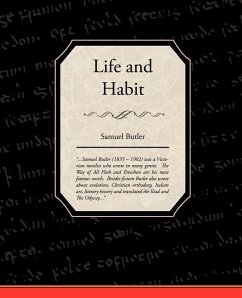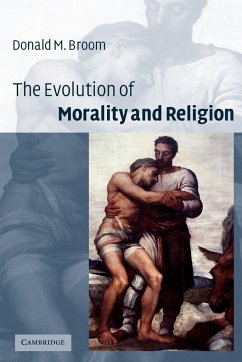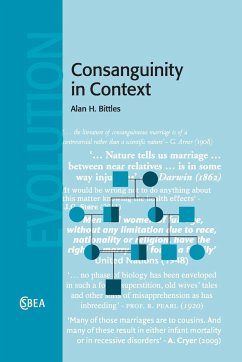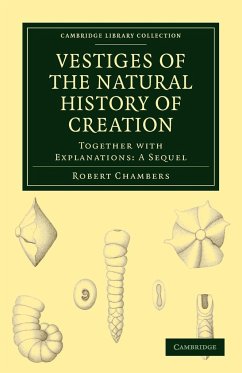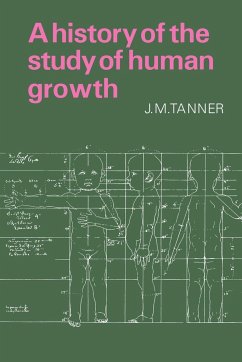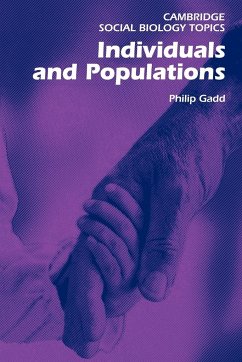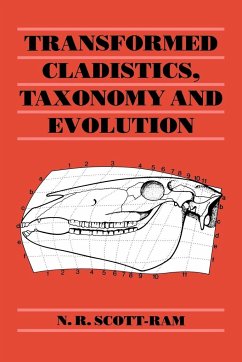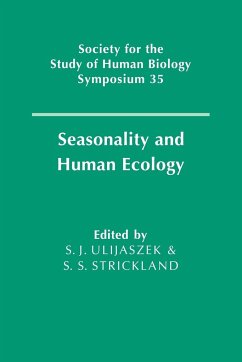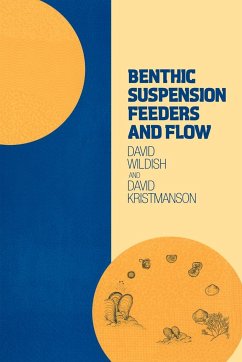
Samuel Butler
Broschiertes Buch
Life and Habit
Versandkostenfrei!
Versandfertig in 1-2 Wochen

PAYBACK Punkte
22 °P sammeln!




Butler argues here that much of inheritance was based on habit, but he also firmly opposes natural selection.
English novelist and critic Samuel Butler is best known for his semi-autobiographical book The Way of All Flesh, which was first published in 1964 under the title Ernest Pontifex or The Way of All Flesh, and for his satirical utopian novel Erewhon (1872), which was published posthumously in 1903 after significant revisions. Both books are still in print after their original releases. In additional research, he looked at Italian art, evolution theory, and Christian orthodoxy. He also translated the Iliad and Odyssey into language that is still used today. Butler was born in the rectory in the Nottinghamshire village of Langar on December 4, 1835. Rev was his father. Thomas Butler is the son of Dr. Samuel Butler, who was the bishop of Lichfield after serving as the headmaster of Shrewsbury School. Dr. Butler came from a family of yeomen and was the son of a trader, but his academic prowess was noticed early on, and he was sent to Cambridge and Rugby, where he excelled. Thomas, his only son, wanted to join the Navy but gave in to pressure from his father and joined the Church of England instead, where he had a mediocre career compared to his father's.
Produktdetails
- Verlag: Cambridge University Press
- Seitenzahl: 324
- Erscheinungstermin: 22. Juli 2009
- Englisch
- Abmessung: 216mm x 140mm x 19mm
- Gewicht: 459g
- ISBN-13: 9781108005517
- ISBN-10: 1108005519
- Artikelnr.: 26970038
Herstellerkennzeichnung
Libri GmbH
Europaallee 1
36244 Bad Hersfeld
gpsr@libri.de
Für dieses Produkt wurde noch keine Bewertung abgegeben. Wir würden uns sehr freuen, wenn du die erste Bewertung schreibst!
Eine Bewertung schreiben
Eine Bewertung schreiben
Andere Kunden interessierten sich für




